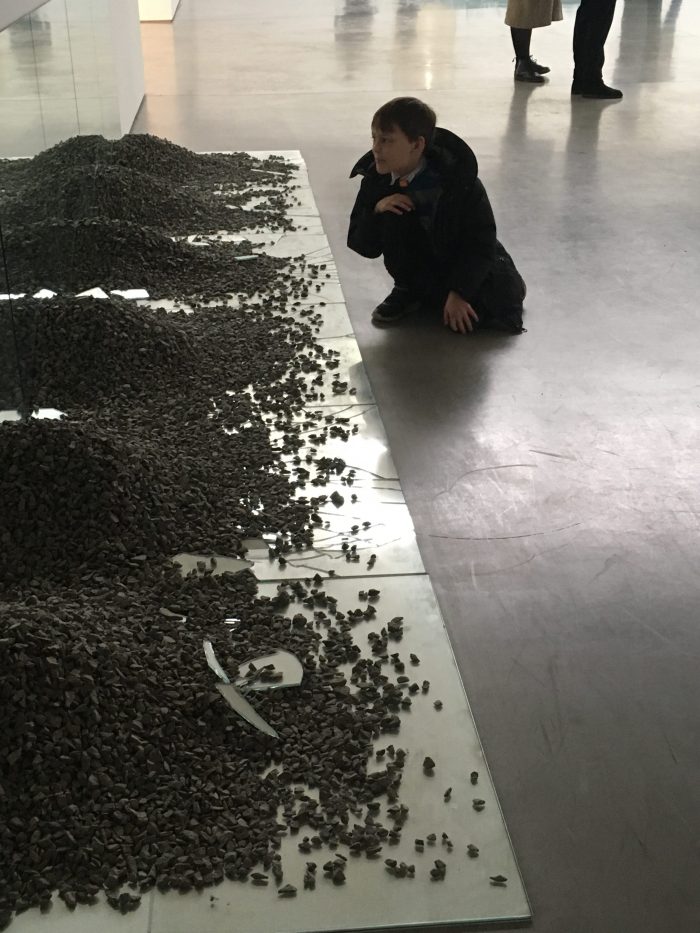The world is so full of a number of things
I’m sure we should all be as happy as kings.
—Robert Louis Stevenson
Opening to suffering – others, one’s own. Why is this something we would want to do? To open to others’ suffering seems obviously important. We feel an imperative to acknowledge the hurts and crises around us. Our idea of ourselves as not reprehensible, or perhaps our idea of ourselves as reprehensible, is related to by an effort at seeing others’ pain as notable. The car’s piercing tone until the seatbelt is fastened may affect us more swiftly, but the possibility that we are deeply bad gnaws at us enough that we try to care.
However, the thought of opening to our own suffering speaks of an expanse of thirst. We might witness mirages turn to chimeras which lead us to drier deserts, from whence we awaken raw and vaguely spiritual.
This last piece is convincing enough to interest us. If we are vaguely spiritual, then we are not fully reprehensible.
Robert Louis Stevenson, the author, had an unhappy childhood. Later, he brought that sorrow and resentment to a workspace where the sacredness of each moment could expand in his memory. Generously, he wrote this word music down to outlive his corporeal existence.
Thus can we, I think, sit with our death in the midst of life. We can offer our cells’ rejoicing at another chance to wonder. We can pour a ladle of kindness over our own heads in this raw and dry world.
The occasion of this meditation is the open letter alleging Dharma Ocean hierarchical abuse and the open situation of how meditation students and teachers in the tradition will respond personally and publicly.
One meditation teacher responded this way in the international call on the evening of the day the problems were acknowledged to the community: when asked if she thought it was true that gaslighting and other abuses of power (including verbal and emotional) were endemic in the organization, she told the student to feel into his heart. Then she asked him if what she said would change how he was feeling about the situation. He paused, and after a few moments, said no it wouldn’t. He liked the teachings and wasn’t that surprised that a problem like consolidation of teaching authority and control would be revealed. Another student said he liked the voice of the head teacher so well that he would put aside the community concerns.
The voice of the teacher, though, rings us. It could be our harmony, our waves touching the tide mark. The sound of shared wisdom swirling in the fog or currents. When that voice is discovered to have been a tool of abuse in the spiritual community, the body grieves.
Reflecting on this harmony wished for, a shared companioning in this life, we could consider how we use our own voice. Do we speak to ourselves with a light touch, with trust that our soil will respond to the sunshine of remaining life? Our experience of our souls and our purpose is a romance one day, a hospice case the following month.
What voice will carry us? Can we gather sounds and harmonies together like Andre Segovia, sitting on our bench, lovingly allowing the music of this moment? Or like Perlman, the crippled violinist, who breaking a string at the beginning of a concert, said to his audience afterward, “Sometimes, you have to make what music you can with what you have left.”
And so it is with seeing our suffering and that of others. Maybe it helps us in knowing what is left then for us to make our music.
 Share on bsky
Share on bsky




Read 2 comments and reply